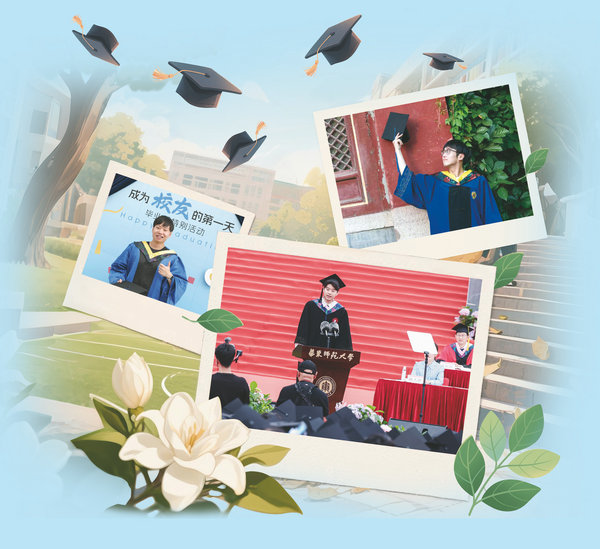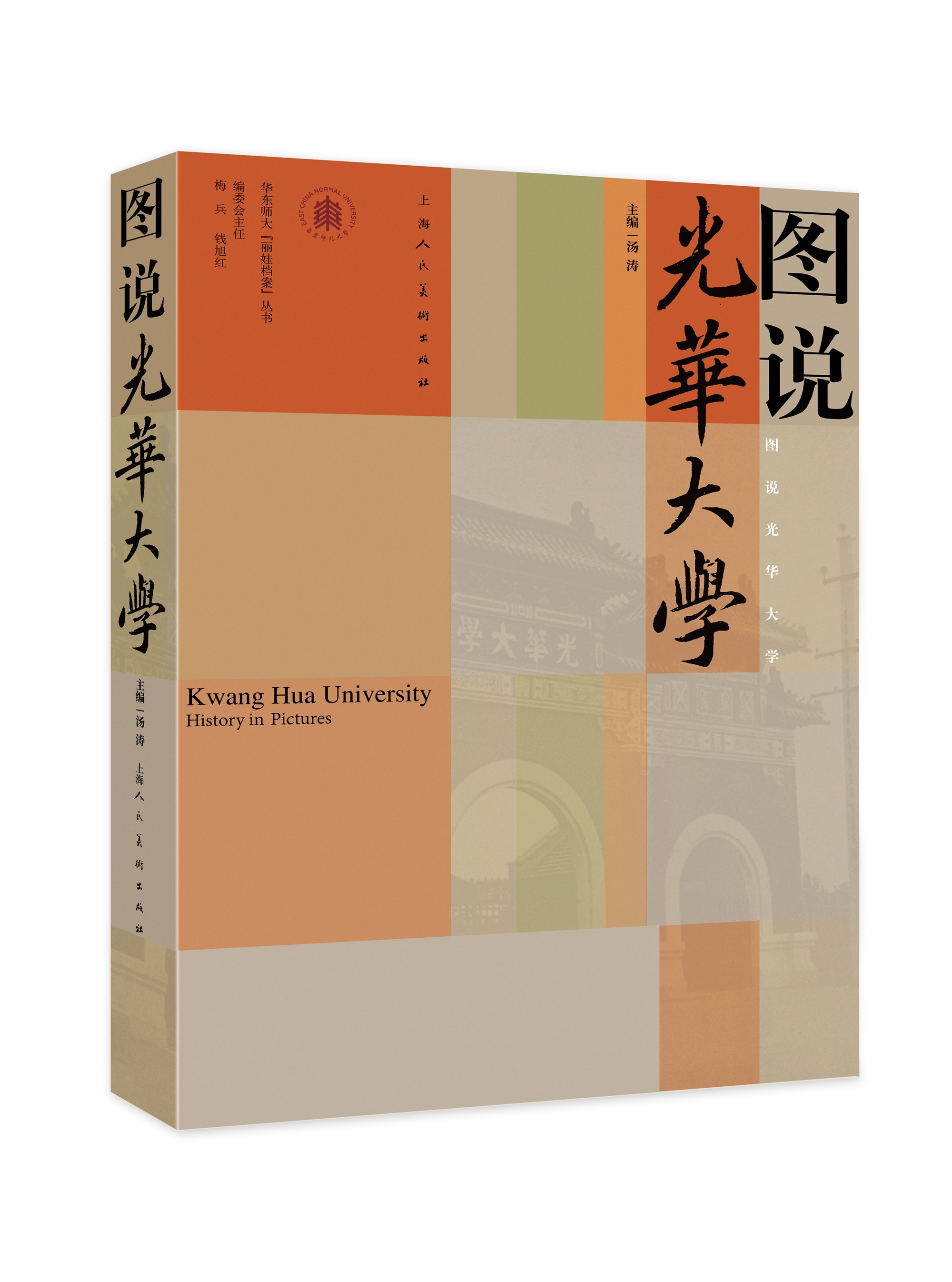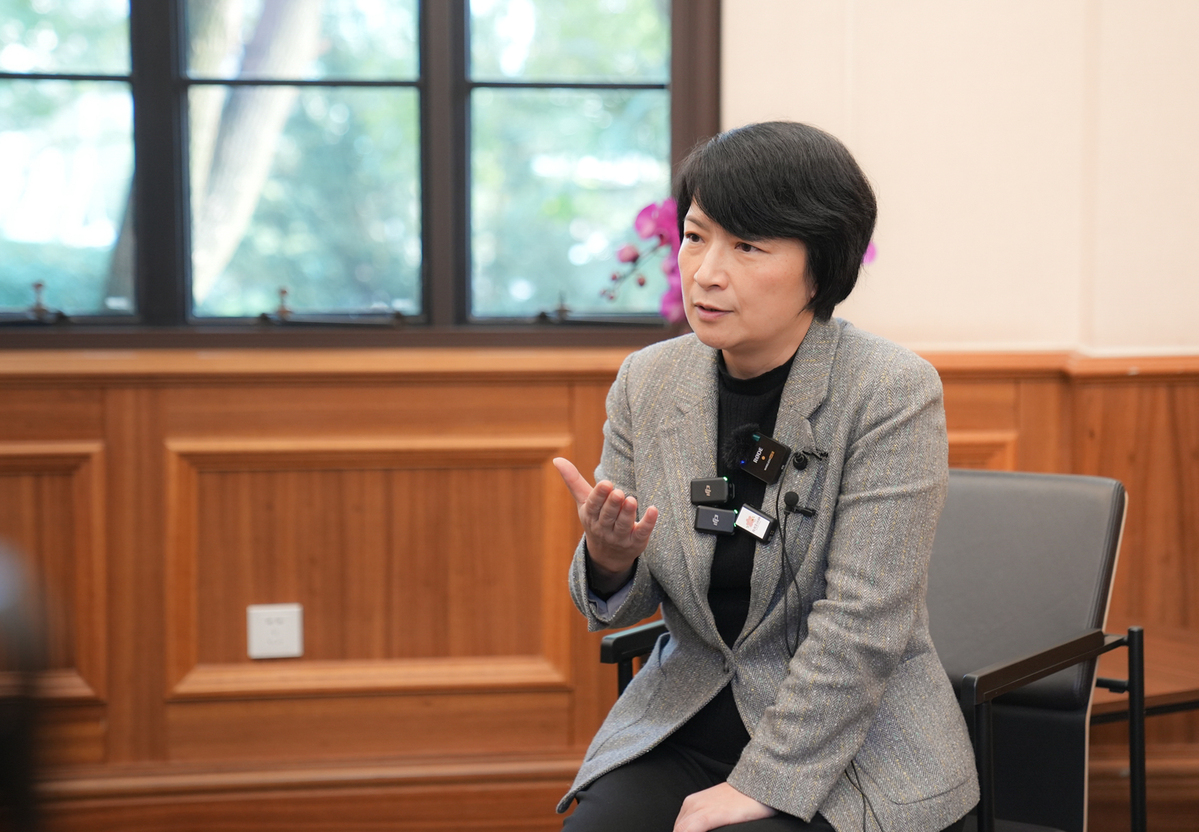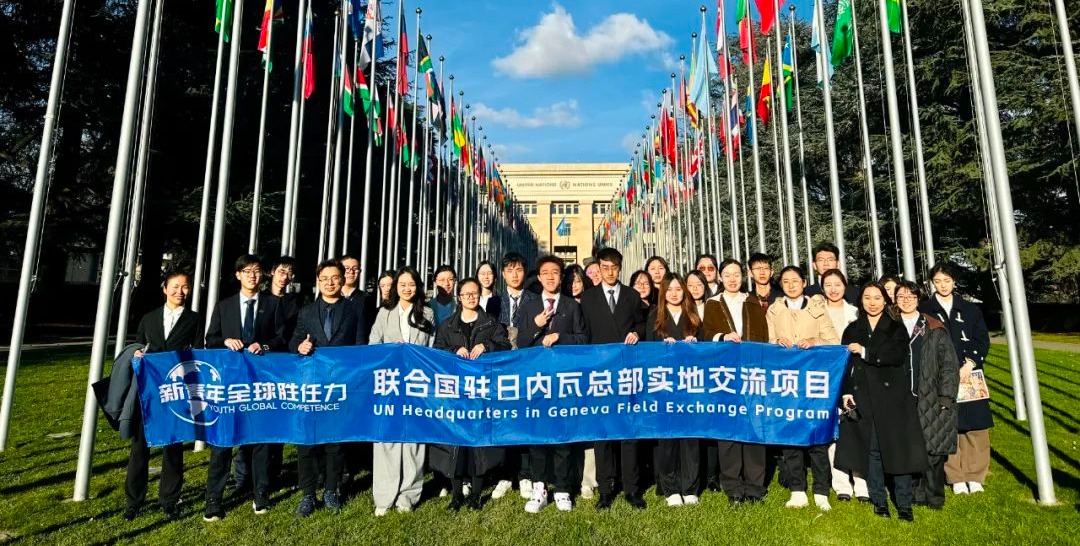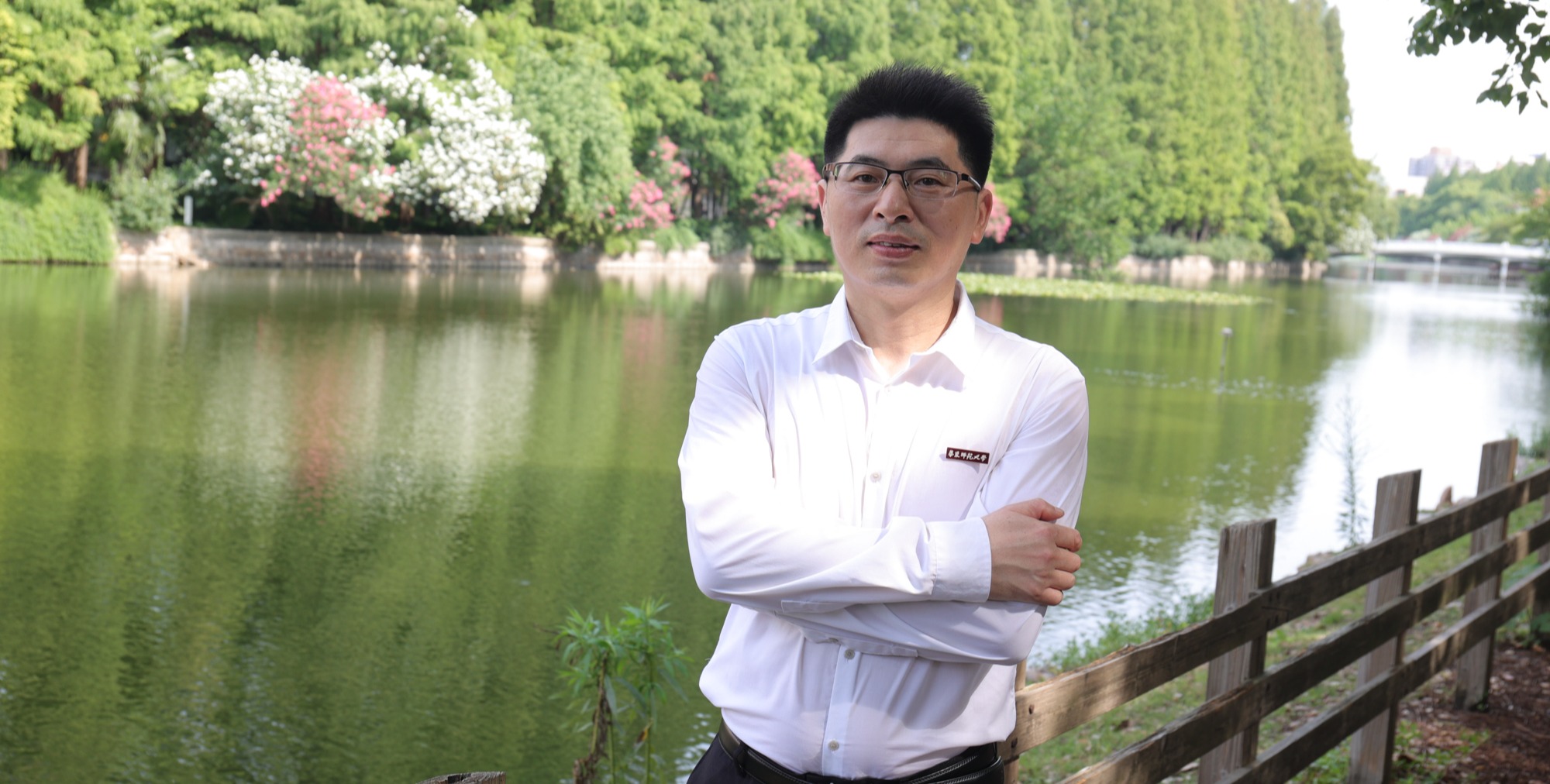ECNU is placed at 13th among the world’s top 100 leading institutions and 9th among Chinese universities, respectively, by the increase of its high-quality science papers in the Nature Index 2016 Rising Star List released on July 28.
China becomes the brightest Nature Index 2016 Rising Star, emerging as a growing source of the world’s top science, according to the list, which was published by the Nature Publishing Group as a supplement.
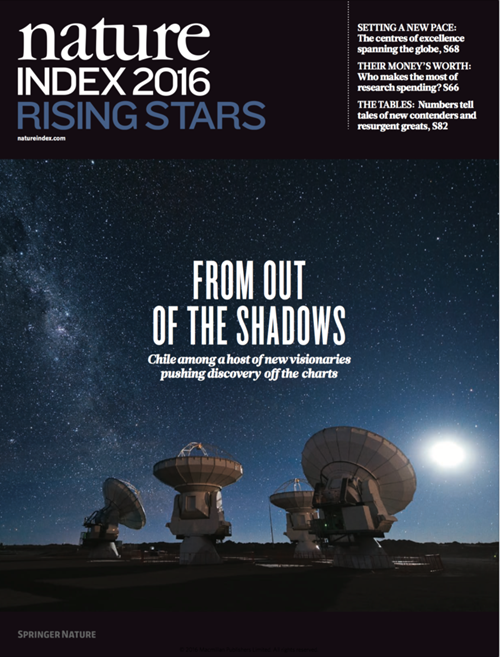
The Nature Index 2016 Rising Stars is published on July 28.
China has done an outstanding work in scientific research over the past four years and remained fast growing in research field. Forty of China's science and research institutions have dominated the chart, with the Chinese Academy of Sciences (CAS) taking the lead. Twenty-four of them have reported an increase of more than 50 percent in science output since 2012.
CAS boasts the fastest growing output in world’s high-quality science and has maintained its position as one of world’s leading institutions, according to this list. It is followed by China's Peking University, Nanjing University, University of Science and Technology of China, Nankai University, Zhejiang University, Fudan University, Tsinghua University, Soochow University and ECNU.
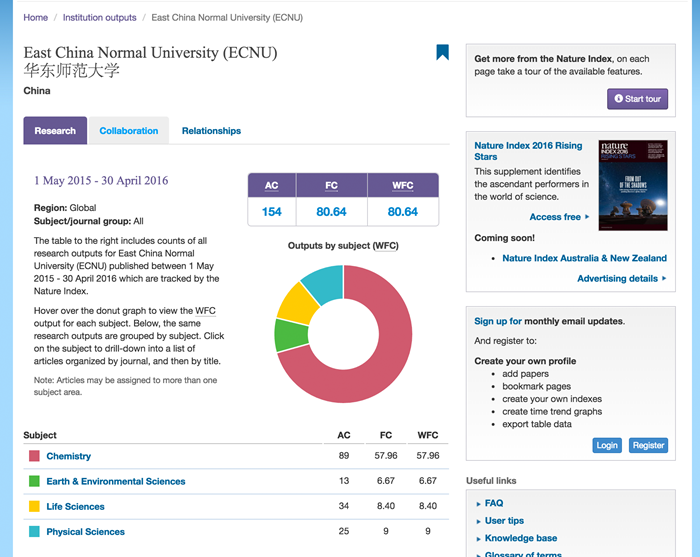
ECNU’s research outputs between 2 May 2015 - 30 April 2016.
The 2016 List is intended to present countries and institutes with high-quality research papers increase. The ranking was conducted on the basis of changes of their absolute contribution value to Nature Index from 2012 to 2015. The index traced world’s 68 high-quality natural science journals in more than 8,000 institutes covering papers published.
In the East Asia region, almost all of the top 25 scientific institutions are from China, apart from the South Korea Basic Science Institute, which takes 10th position. ECNU was ranked the 11th.
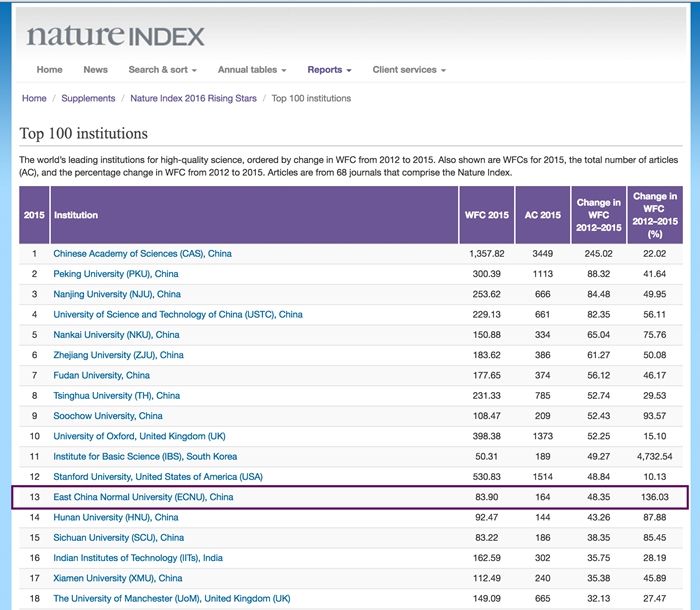
ECNU ranks 13th in the Nature Index.
David Swinbanks, founder of the Nature Index, says China's high-quality scientific research outputs have seen a spectacular increase, and growth is stable as well. “We prefer not to see China as a rising star any longer,” he said. “But some Chinese institutions are standing out as rising stars.”
The supplement also gave a special coverage, titled “Catch them if you can”, on 25 institutions worldwide whose performance in the index is improving rapidly.
“East China Normal University (ECNU) evolved from a teacher training university to a multi-disciplinary institute and is fast gaining a reputation for its world-class research. Between 2012 and 2015, the university’s contribution to articles in the index has more than doubled, lifting it more than 200 places in the Global 500 ranking to 142nd position in 2015.” The story about ECNU, which was praised as an impressive performer fast gaining a reputation for its world-class research, goes with a photo about researchers working at the NYU Shanghai Institute of Brain and Cognitive Science.
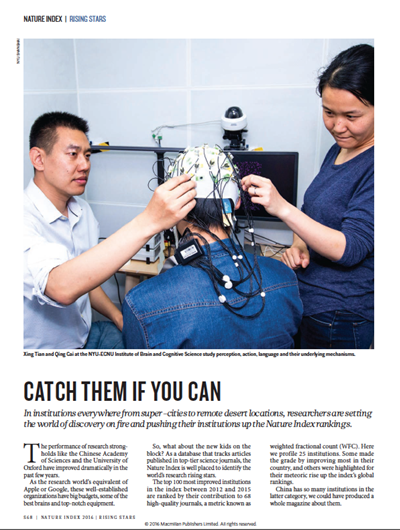
The supplement gives a special coverage to ECNU and other 24 institutions worldwide.
China owns six of the 25 institutions, including Soochow University, ECNU, Hunan University, Sichuan University, Xi'an Jiaotong University and Harbin Institute of Technology. The other 19 foreign universities include Singapore's Nanyang Technological University, Israel Institute of Technology, North Carolina State University of the United States, University of Regensburg of Germany, University of Sussex of the United Kingdom, and University of Basel of Switzerland.
Nature Index is a database of author affiliation information collated from research articles published in an independently selected group of 68 high-quality science journals. It provides a close to real-time proxy for high-quality research output at the institutional, national and regional level.
Attached:The introduction about ECNU in “Catch them if you can”:
EAST CHINA NORMAL UNIVERSITY
CHINA
2012 WFC: 35.55
2015 WFC: 83.90
East China Normal University (ECNU) evolved from a teacher training university to a multi-disciplinary institute and is fast gaining a reputation for its world-class research. Between 2012 and 2015, the university’s contribution to articles in the index has more than doubled, lifting it more than 200 places in the Global 500 ranking to 142nd position in 2015.
The university prides itself on its international collaborations, and its most recent partnerships have led to fruitful research. In 2011, ECNU and New York University joined forces to establish China’s first Sino-American university — New York University Shanghai ( NYU Shanghai ). A 2015 study by researchers at NYU Shanghai’s Institute of Brain and Cognitive Science found physical evidence that the brain arranges words in a hierarchy using a form of ‘internal grammar’. The findings, published in Nature Neuroscience, suggest the human mind can intuitively configure a string of words such as ‘ancient history is drinking tea’ into a structure that has meaning, such as ‘drinking tea is ancient history’.

